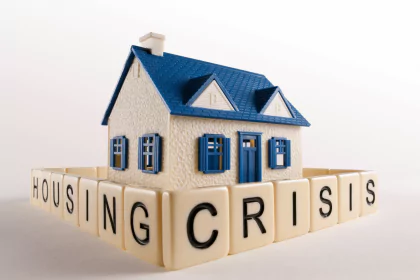The catastrophe bond market, often referred to as the “cat bond” market, has experienced a notable surge in recent years. This rise is driven by a combination of milder hurricane seasons, increasing interest rates, and a growing appetite from hedge funds and institutional investors. The year 2023 marked a record-breaking period for cat bonds, with significant growth expected to continue into 2024.
What Are Catastrophe Bonds?
Catastrophe bonds are a type of insurance-linked security (ILS) that allow insurers to transfer the risk of large-scale natural disasters to investors. These bonds are issued by insurance companies to protect against events such as hurricanes, earthquakes, and other major catastrophes. Investors in cat bonds receive high-yield returns in exchange for assuming these risks, making them an attractive option in a volatile economic environment.
Record-Breaking Performance in 2023
In 2023, the cat bond market saw unprecedented growth, with issuance volumes reaching an all-time high. The total value of catastrophe bonds issued was $16.4 billion, bringing the market size to $45 billion. This surge was largely due to a combination of favorable climatic conditions and robust investor demand. Hedge funds, particularly Fermat Capital Management, reaped substantial returns, outperforming many traditional investment strategies.
Factors Driving the Surge
Several factors have contributed to the increased popularity and performance of catastrophe bonds:
- Milder Hurricane Seasons: Recent hurricane seasons have been less severe than anticipated, resulting in fewer payouts for bondholders and higher overall returns.
- Rising Interest Rates: The global rise in interest rates has enhanced the appeal of cat bonds, which often have floating rates that adjust upward with increasing rates. This makes them more attractive compared to fixed-rate bonds.
- Higher Reinsurance Rates: Increased reinsurance rates, following years of significant losses, have made cat bonds a more attractive investment by offering better yields and returns.
- Inflation and Reconstruction Costs: High inflation has driven up the cost of rebuilding after natural disasters, increasing the demand for catastrophe bonds to cover these higher expenses.
Institutional Investment and Market Growth
While hedge funds have been prominent players in the cat bond market, institutional investors are increasingly participating. Asset managers like Schroders Plc and Leadenhall Capital Partners have significantly expanded their cat bond portfolios. This influx of new investors has further fueled the market’s growth, with many seeking the high returns and diversification benefits that cat bonds offer.
Future Outlook
The future of the catastrophe bond market looks promising. Experts predict continued demand driven by the need for insurers to mitigate risk and the attractive returns these bonds provide. Despite the potential challenges posed by natural disasters, the market’s structure and the introduction of tighter trigger clauses have made cat bonds a more secure investment option.
Climate change is expected to play a significant role in the future of the cat bond market. As the frequency and severity of natural disasters increase, the demand for these instruments is likely to grow. Brett Houghton, Managing Director at Fermat Capital Management, believes that 2024 will be another year of high returns, with double-digit potential remaining strong.
Conclusion
The catastrophe bond market has emerged as a robust and lucrative segment of the financial landscape. Driven by favorable climatic conditions, rising interest rates, and increasing institutional interest, cat bonds offer high-yield returns and portfolio diversification. As climate change continues to impact the frequency of natural disasters, the demand for cat bonds is expected to grow, making them a vital tool for risk management in the insurance industry.












